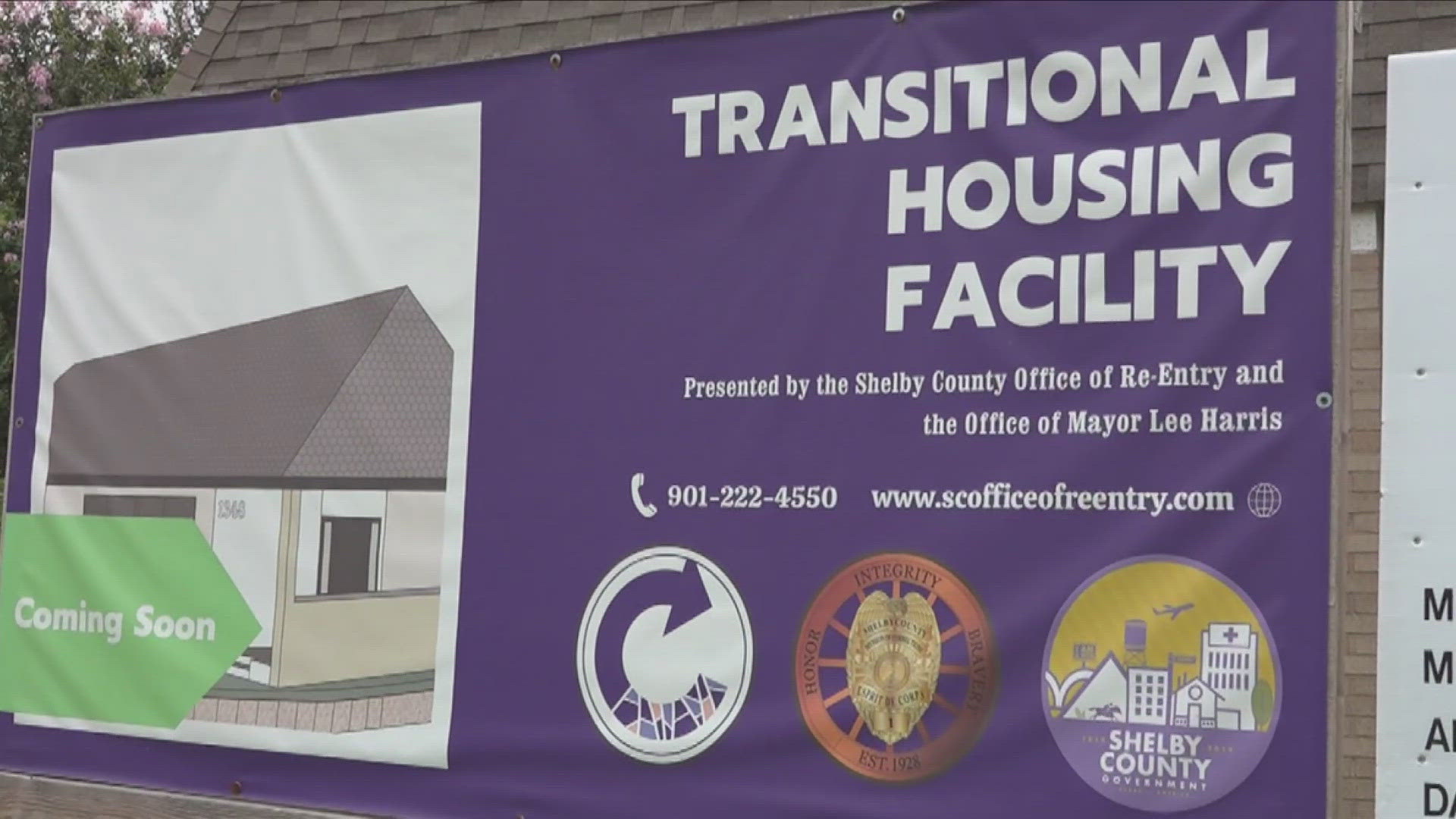MEMPHIS, Tennessee — It is not often someone can see years of hard work take physical form, but for one former inmate, this is starting to take shape.
“The person who is released from prison, he is not the same person who went in,” said DeAndre Brown. “All of a sudden you’re expected to reacclimate.”
When he was younger, Brown witnessed first-hand the traumatic revolving door of the Shelby County Criminal Justice System. The last time Brown was incarcerated was when he was 28 years-old.
Each time, Brown said inmates were forced to create a new identity in order to simply survive. This made re-entry into normal daily life jarring, which can often see people find their way back to prison.
“We don’t like large crowds, we don’t like loud noises, because we’ve been conditioned to always be on alert, because you could never know what could happen next,” said Brown.
The phenomenon of being rearrested and taken back to jail is known as recidivism. According to the Tennessee Department of Corrections, 29.6% of people who get out of state prison will either get rearrested, reconvicted, or end up back in jail within three years of release.
Part of the issue has been identified as former inmates not having the necessary tools in order to make the transition back to normal life. These unmet psychological, financial, and job-related demands put a strain on former inmates, leaving them at a higher risk of returning to criminal activity.
Knowing this struggle all too well, Brown has been tackling this cycle in his role as the Director of the Shelby County Office of Re-Entry. Today, Brown is helping lead the construction of a new transitional housing project.
Once completed, the Memphian said the home will help four non-violent inmates from the Shelby County Department of Corrections receive the therapy and tools they need to readjust to live outside confinement. A typical stay could take 90 to 180 days.
“Individuals will hold each other accountable," said Brown. "They will learn resume writing, how to get a job, how to retain a job, but more importantly how to be free.”
The project is expected to be finished and open by the end of 2024, with a goal of helping its first set of former inmates in December.
Those benefiting would include people like Robert Davis, who experienced several stays at the Department of Corrections. But through help with the Office of Re-Entry, is on track to becoming a barber.
“The process is me, almost being born again,” said Davis. "I’m living proof that you can do it.”

